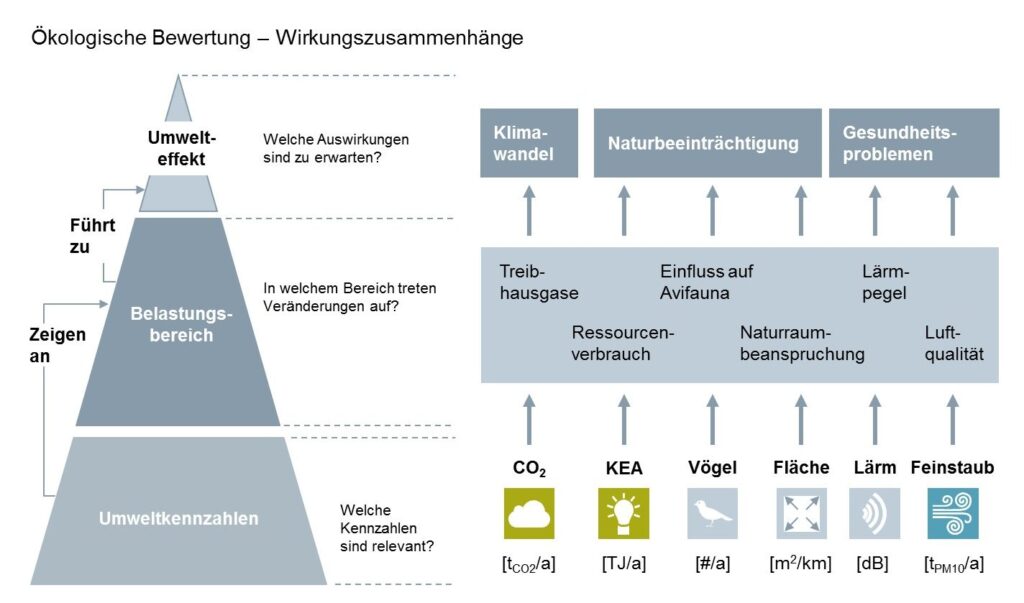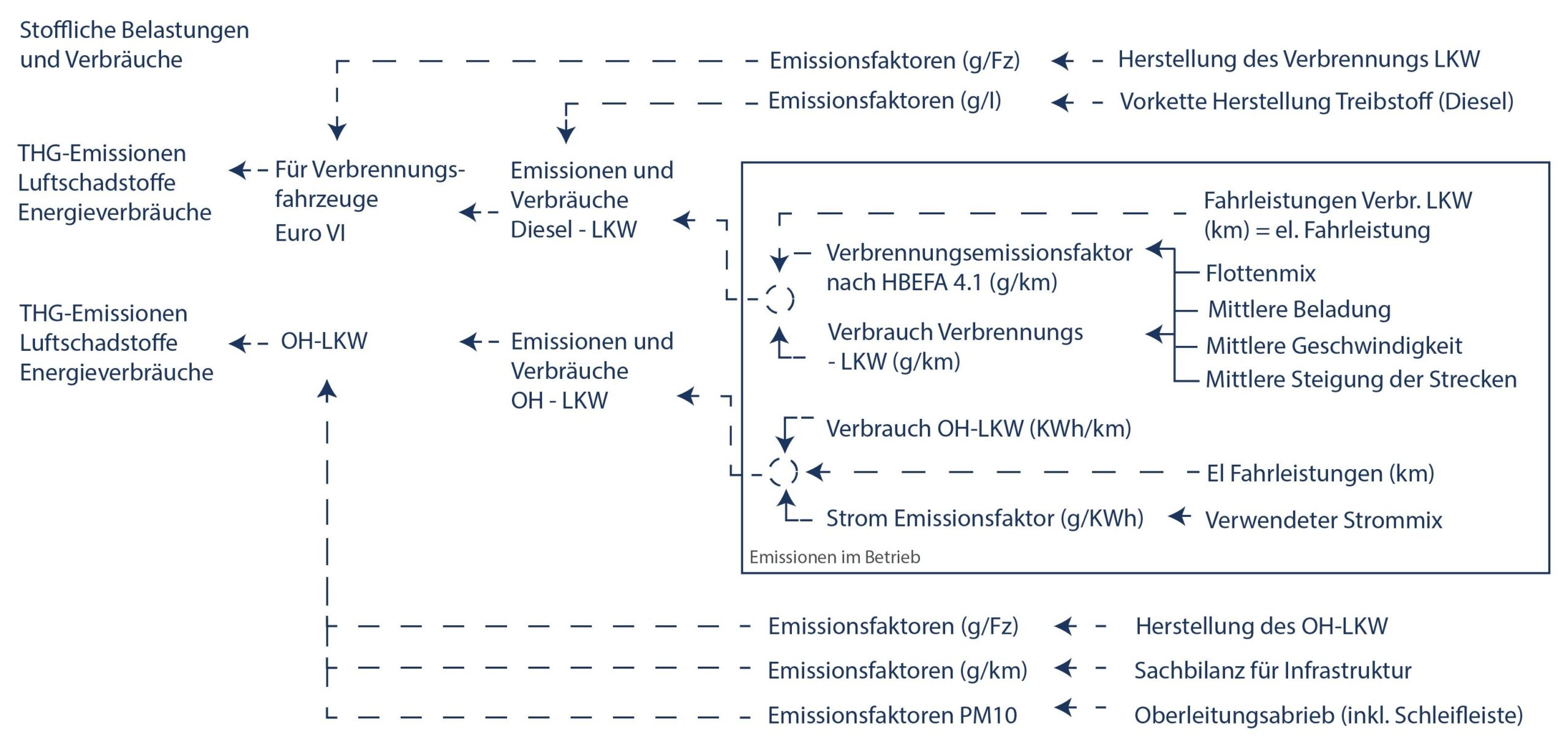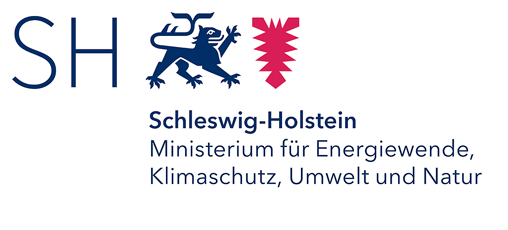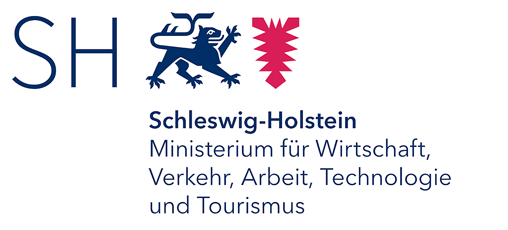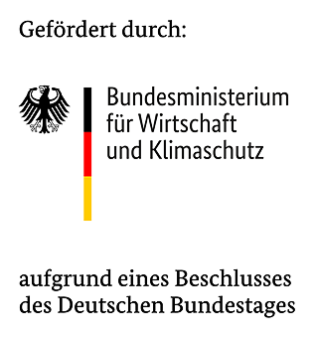Transport Ecology
Dresden University of Technology: Institute of Transport Planning and Road Traffic Chair of Transport Ecology, Prof. Dr.-Ing. Udo Jürgen Becker
The aim of the overall ecological assessment of the OH system by means of model calculations that take into account both the operation and the construction of the system is to exclude negative overall impacts with regard to climate protection, air quality, noise levels, resource consumption and nature conservation.
Overall ecological assessment of the OH system
As part of Schleswig-Holstein’s eHighway field trial, the environmental impact of the OH system is being researched. The goal is an overall ecological assessment of the system with its positive and negative interrelationships with regard to climate protection, air quality, noise protection, resource consumption, nature conservation and other conceivable ecological effects. These valuations are based on model calculations. In addition to the consumption data determined in the field test, forecast data regarding the electricity mix and the electricity emission factors are taken into account. The overall balance further includes the manufacture of the system (overhead contact line infrastructure and vehicles, production, construction, etc.) in the analysis and thus evaluates the associated resource consumption.
An ecological assessment tool developed in the ENUBA 2 project provides a basis for this. Results already obtained on the environmental impact will be verified using the new measurement results from the field test. For the upcoming holistic environmental assessment, assumptions for the calculation basis were made within the framework of the scientific discourse, with which a comparability of the results from the eHighway research network or from the three field tests can be established.
Ecological assessment tool
The assessment tool can be used to present direct comparisons between overhead hybrid (OH) trucks and diesel trucks and to estimate reduction potentials by 2050 for different mileage and electricity mix development scenarios.
Dr.-Ing. Falk Richter im Interview
Dr.-Ing. Falk Richter, tätig am Lehrstuhl für Verkehrsökologie an der Technischen Universität Dresden, untersucht im Feldversuch eHighway Schleswig-Holstein mithilfe spezieller Bewertungstools die Umwelteffekte der eingesetzten Oberleitungs-Lkw.
„Wir testen genau diesen Oberleitungs-Lkw und versuchen, belastbare Werte zu seiner Anwendbarkeit und zu seinen Verbräuchen in diesem Feldversuch zu bestimmen. Und auf diesen 5 Kilometern sind die Verbrauchswerte sehr gut, wenn der Lkw wirklich elektrisch fahren kann.“, erklärt Dr. Falk Richter.

